DESIBUZZCanada
Events Listings

International Day Of Yoga To Be Virtually Celebrated Saturday At 4pm

CANCELLED: Coronavirus Fears Kills Surrey’s Vaisakhi Day Parade

ADVERTISE WITH US: DESIBUZZCanada Is The Most Read South Asian Publication Online

SURREY LIBRARIES: Get Technology Help At Surrey Libraries

WALLY OPPAL: Surrey Police Transition Update On Feb. 26

GONE ARE THE DAYS - Feature Documentary Trailer

Technology Help At Surrey Libraries

Birding Walks

Plea Poetry/short Story : Youth Contest

International Folk Dancing Drop-in Sessions
Indian Democracy Shines Through As I.N.D.I.A. Alliance Halts Modi’s Juggernaut
- June 6, 2024
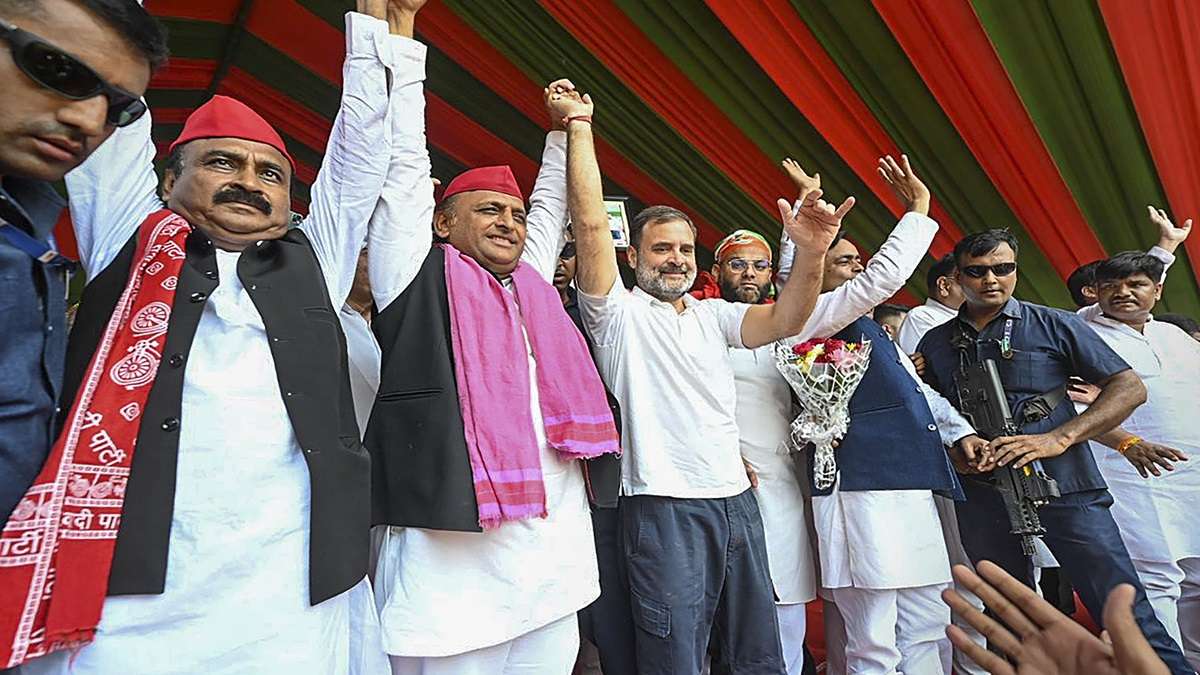
By Promod Puri
The sweeping dominance of Prime Minister Narendra Modi's administration, characterized by anti-Muslim rhetoric, anti-secularism, anti-democratic stances, and a cultic authoritarian rule, has been effectively stalled by the Congress-led I.N.D.I.A. coalition of opposition parties.
In the latest election, Modi’s Bharatiya Janata Party (BJP) secured 240 seats, falling 32 seats short of a majority needed for a single-party government. However, when combined with its National Democratic Alliance (NDA) partners, the tally reaches 293 seats. This marks a significant decrease from their 2019 performance, where they secured 360 seats, reflecting a loss of 67 seats. In contrast, the Congress-led opposition coalition made significant gains, securing 234 seats, an increase of 115 seats from their 2019 count.
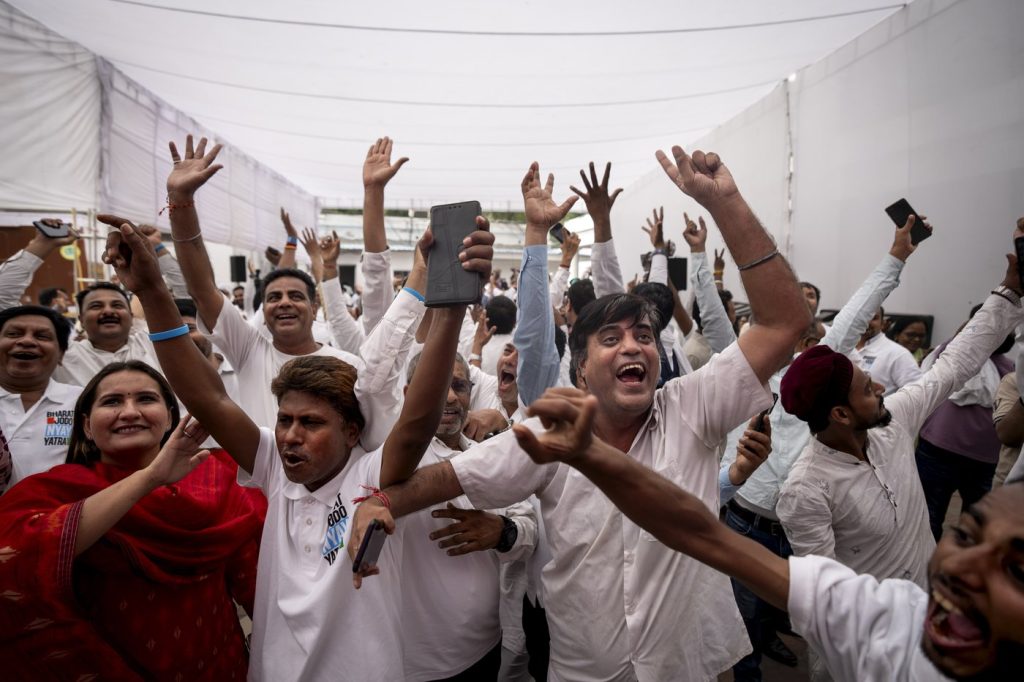
Following tradition in parliamentary democracies, Modi has tendered his resignation. However, the President has requested him to continue serving as Prime Minister in a caretaker capacity until a new government is formed.
The NDA's major alliance partner, Bihar’s Janata Dal (United), led by Nitish Kumar, has a history of political flip-flops. Kumar was initially a founding member of the I.N.D.I.A. coalition before rejoining the NDA. Similarly, the Telugu Desam Party of Andhra Pradesh, led by Chandrababu Naidu, has exhibited similar political oscillations.

Given Modi's need for support from non-BJP parties, these leaders are likely to demand significant ministerial posts. It is plausible that both Nitish Kumar and Chandrababu Naidu could seek appointments as deputy prime ministers. Additionally, political maneuvering and horse-trading are expected, with significant sums of money in the BJP's reserves potentially being used to entice or buy the allegiance of elected Members of Parliament.
An intriguing development in this election is the victory of pro-Khalistan activist Amritpal Singh, the jailed chief of "Waris Punjab De," and Sarabjeet Singh Khalsa, the son of one of Indira Gandhi’s assassins, both of whom have been elected to Parliament.
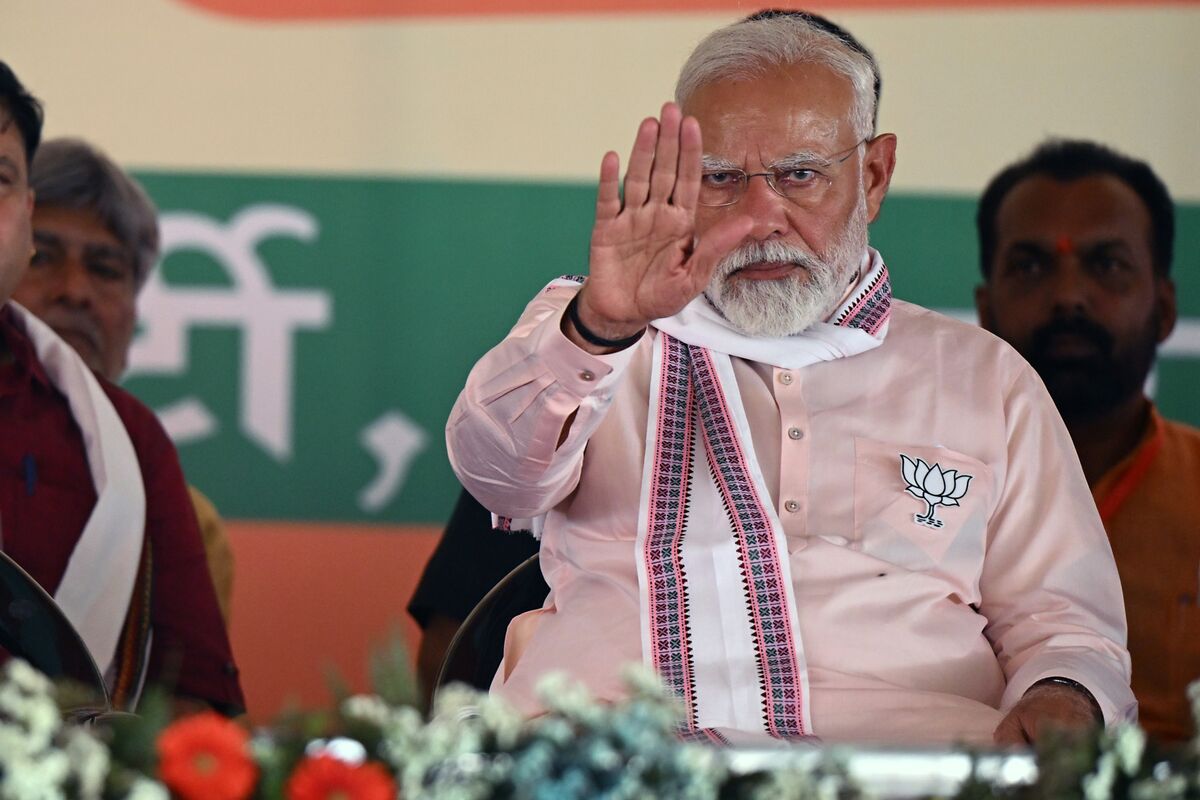
The 2024 election campaign was marked by some of the dirtiest tactics in recent memory, spearheaded by BJP leaders nationwide. Religious sentiments were heavily exploited to garner votes, creating an atmosphere of extreme communalism. Muslims, in particular, were targeted with incendiary rhetoric, being labeled as infiltrators and stoking communal tensions.
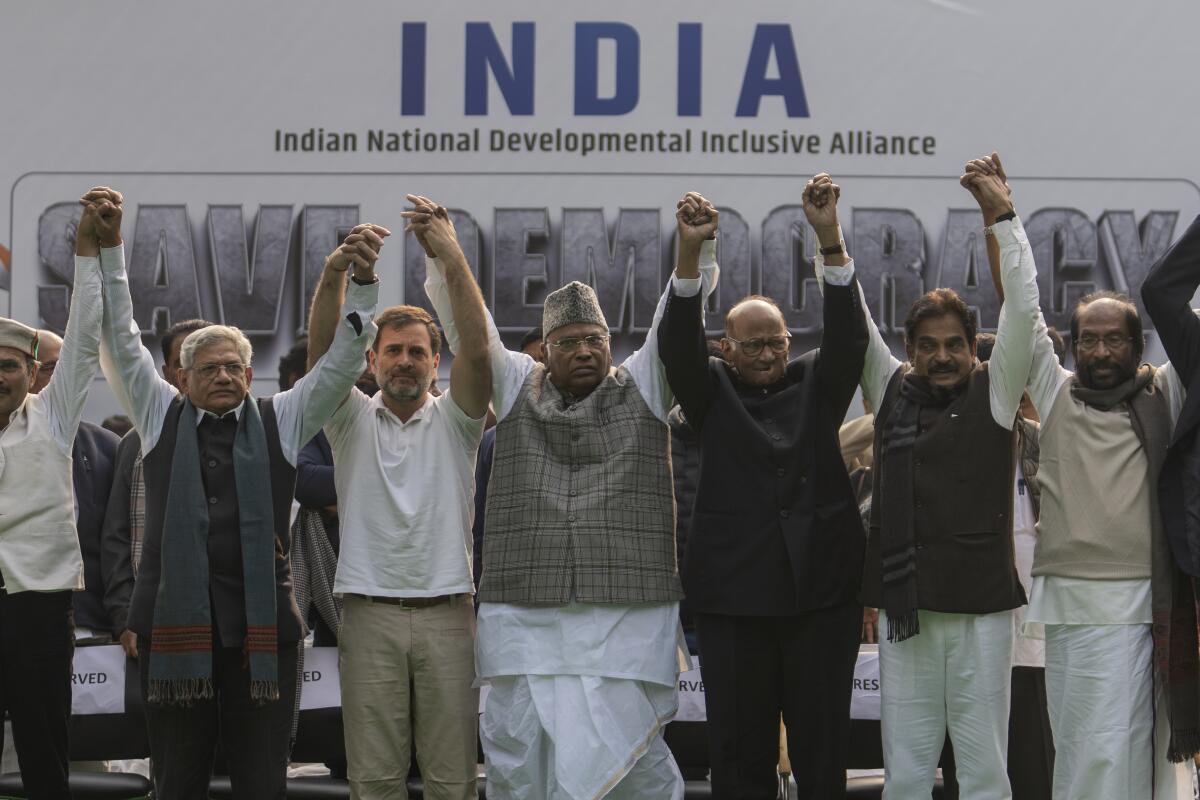
Modi’s theatrics were on full display, including a highly publicized marathon meditation retreat on the historic rock of Kanyakumari at India's southern tip. His 45-hour "soul-searching" session was tightly secured with over 2,000 security personnel, while a horde of reporters and photographers documented his every move, broadcasting it extensively across India and the world.
Overall, the 2024 election has demonstrated that democracy in India remains vibrant and resilient, much to the dismay of Modi and his ardent followers, the Bhagats. Despite the challenges and controversies, the election results reflect a significant pushback against autocratic tendencies and a reaffirmation of India's democratic ethos.
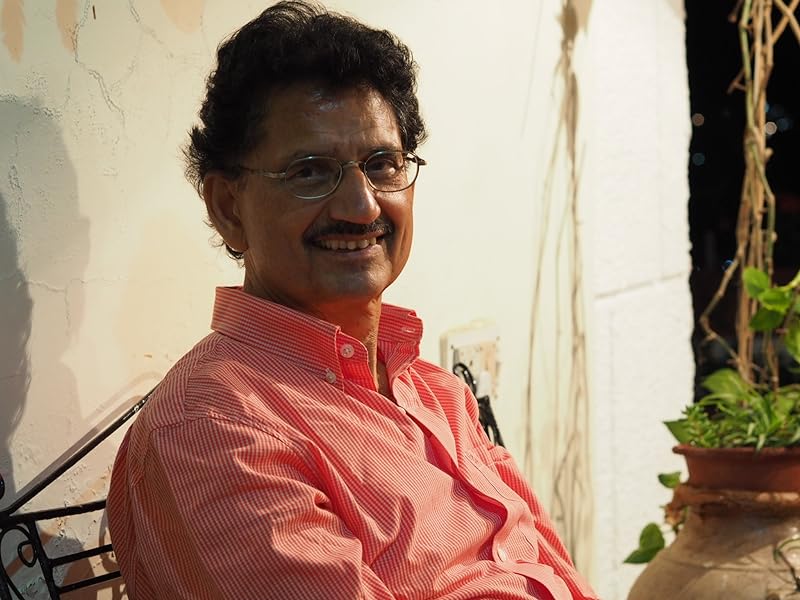
Promod Puri is a veteran journalist and author and founder of the first Indo-Canadian English language newspaper The LINK.
























